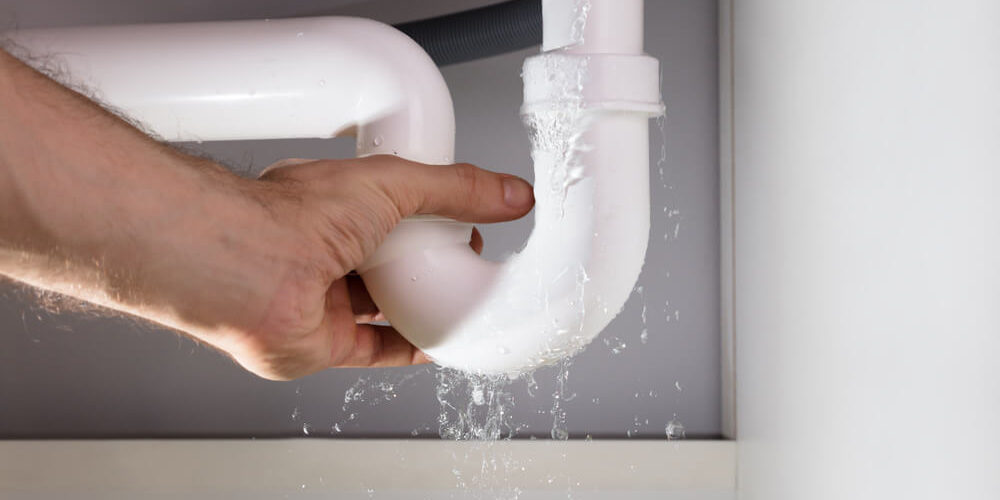As a homeowner, you know what it means when a pipe bursts inside your house. It’s a mess! You also look out for dripping faucets and if you live in certain flood-prone areas, probably have some sandbags on hand to divert water from the home. All of that is great, but water is tenacious and has a few more tricks when it comes to flowing where it shouldn’t.
Water issues go with the territory of property ownership. Keeping on top of all the potential sources of water damage helps you be prepared to prevent it where possible and to mitigate it when it does occur. Beyond having a good plumber, keep the number of a water damage restoration company so that the home remains structurally sound and healthy after repairs.
With that in mind, let’s explore several sneaky sources of water damage to your property.
1. Outdoor hoses
Weak connections can cause your outdoor hoses to leak. Frost is another common source of damage when the outdoor water lines have not been cleared before the temperature drops below freezing. And if you have an attachment at the end of the hose that holds water in, when the hose is full, the pressure can force water back behind the walls.
To avoid damage due to outdoor hoses, try replacing the washer to achieve a tighter fit. Remove hoses before the weather gets cold, and have a professional service come blow out the lines if you have an in-ground irrigation system. Finally, if you use an attachment to control the flow of water, remember to drain the hose fully after every use.
2. Appliances
Dishwashers, refrigerators, and front-loading washing machines can leak when their doors don’t close tightly. Inaccessible hoses are also common culprits. If you don’t see the leak, the first clue could be a musty odor that doesn’t go away when you clean the machine. This indicates that mold has begun to grow due to constant moisture. Damp cabinets and moldings also signal a leak.
Depending on the source of the leak, you may be able to fix the problem yourself by replacing gaskets and seals, then tightening the hose connections. And surprisingly, when it comes to washing appliances, using the wrong detergent for your particular model can also contribute to leaks – take a look at the user manual and make sure you adhere to the instructions.
3. The HVAC system
Your HVAC system is responsible for treating the home’s air and moving it throughout the space. Sometimes HVAC systems leak due to improper installation, but it also happens when ice accumulates on the indoor evaporator. The system will naturally drip a little bit outside, especially on very hot days, but if you have improper drainage this moisture can make its way back inside the house.
In order to get the best from your HVAC, perform regular maintenance. Change the air filter every other month or so, and check the condensate line at the same time to make sure that it is free of kinks or obstructions. If there is a small amount of condensation on the unit, a dehumidifier can help keep your home at a safe humidity level. Call a professional if you notice that the system is not running optimally.
4. Sloped lawn
If your lawn slopes toward your house, water damage is all but guaranteed. During periods of limited rainfall you won’t have a problem as the earth can absorb all of the moisture. But when it rains a lot, the ground will quickly reach its maximum saturation level and allow water to begin rolling downward, toward your home.
You may not notice the effects above ground, but water could be seeping into the foundation and degrading the building materials. It’s also possible for water to pool at the threshold of doorways and damage the seals, allowing more moisture to get inside. The grade of the lawn is something that should be carefully considered before purchasing a home, but if you’re already in the house, you’ll need to hire professionals to come and fix the slope so that excess water drains away from the property.
While it may not be so surprising that household items that use water can cause water damage, you may not have thought about how environmental water can interact with household systems. It’s just a fact of nature and something that homeowners will have to deal with every so often. Proper maintenance can reduce the chances of a disaster but it’s wise to expect water damage to occur occasionally. The important thing is to seek expert advice on the repairs and then follow up with a reputable water damage restoration firm to make sure that your structure remains sound and that mold does not begin to grow.
















